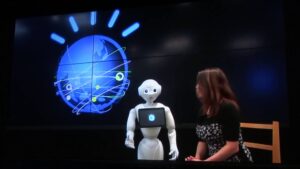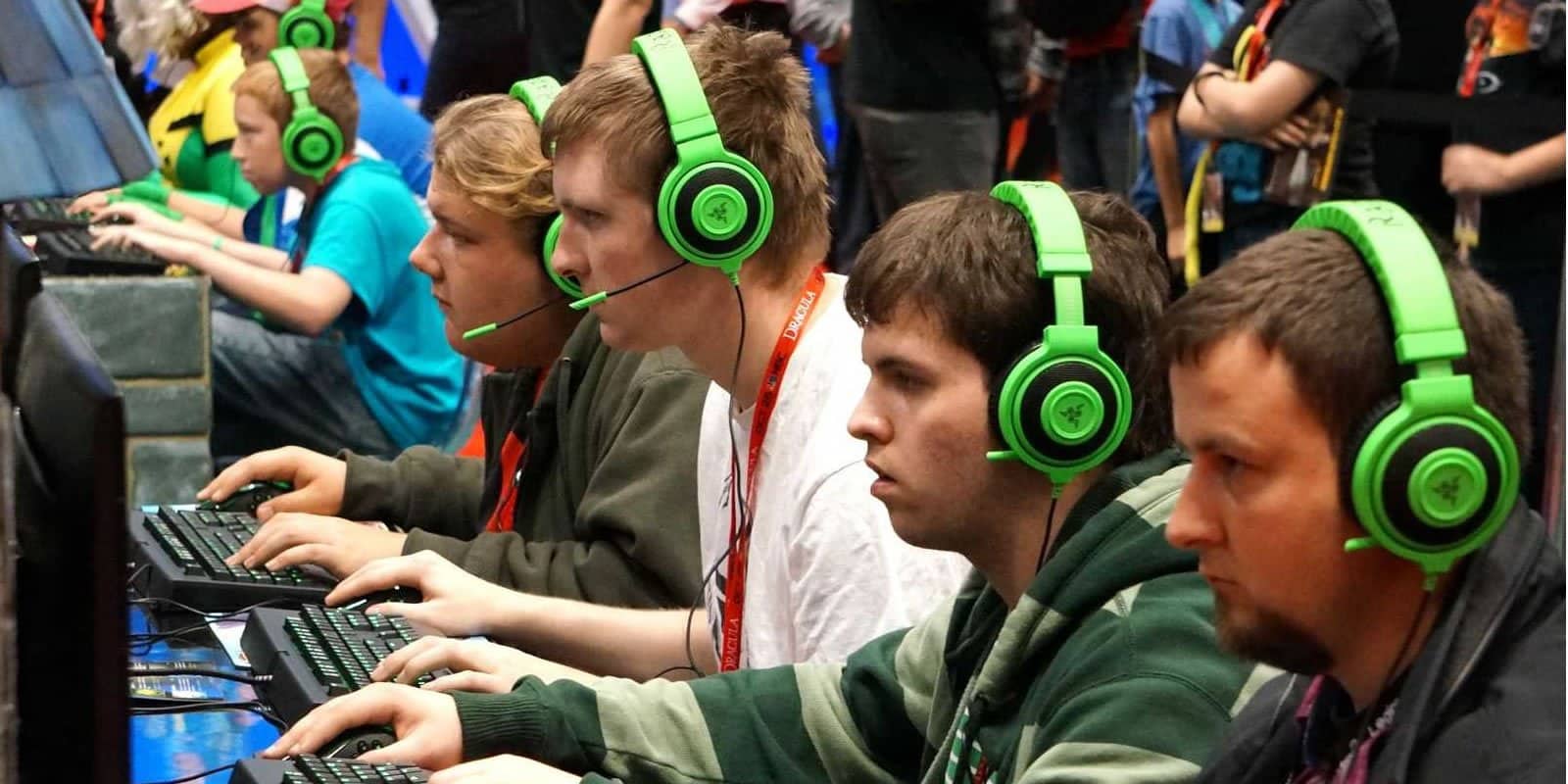Just thirty years ago the frontier was a school with a computer. Today, the frontier is having students with their own laptop. According to the futurologist Thomas Frey, in the next 14 years the frontier will be to have students learning from robot teachers on the internet, and the company that will be able to provide this service will become one of the largest, richest and most important in the world.
Frey's prediction is certainly made taking into account the latest macroscopic advances in artificial intelligence research. Robot teachers will be the result of what is currently being studied: Google is developing DeepMind, a software capable of bringing self-learning to excellence. IBM is working on robots based on its Watson system. Amazon is at the forefront of drone delivery research.
Lots of research in separate fields. No one has yet put together the tracks and set the course for the future of education.
The scenario could be an advanced version of what the online teaching system is today, with only one difference: the teachers we will see on video will not be in the flesh. More likely it will be bots, advanced enough to be able to customize each teaching plan to the needs of the student in front of them.
According to Frey, this mode will allow students to learn at a speed that is enormously greater than in a classroom where they have to “compete” with 30 colleagues to get the attention of a single teacher. “By optimizing time,” predicts the futurologist, “learning will be ten times faster. The equivalent of a high school course could be completed in just one year.”

“A bot teacher learns your inclinations, the things you can't tolerate, your interests, your weaknesses, your strengths. And he finds the best way to make you learn well and faster”.
Google's DeepMind has learned to play “Breakout,” the legendary Atari game. Not only did he quickly learn the rules, but within 30 minutes he began racking up stratospheric scores, all with next to no human support. “Teaching machines” could have similar mechanisms: robot teachers would learn the characteristics of each student and use their algorithms to modify lessons according to individual needs.
What will become of the traditional teachers?
Here comes the romantic and human part: I don't believe that by 2030 such a system will supplant our professors, already today grappling with a very strong (and unjust) contraction of their role, forced to deal with obsolete programs and antiquated methods . On the other hand, learning is a process that is also based on "human" comparison with a reference model: it is not just notions that need to be learned. Charisma, critical sense, even the way of reacting to knowledge are factors that require the complexity and density of human beings.
Let's put it this way: there will be no robot teachers in high school, but it is quite likely that we will take private lessons online to fill our school gaps, and we will do it with non-human teachers.
[note color=”green”] Insights
If you want to know the state of research on the great possibilities offered by personalized learning, here is a source: https://www.rand.org/pubs/research_reports/RR1365.html[/grade]


